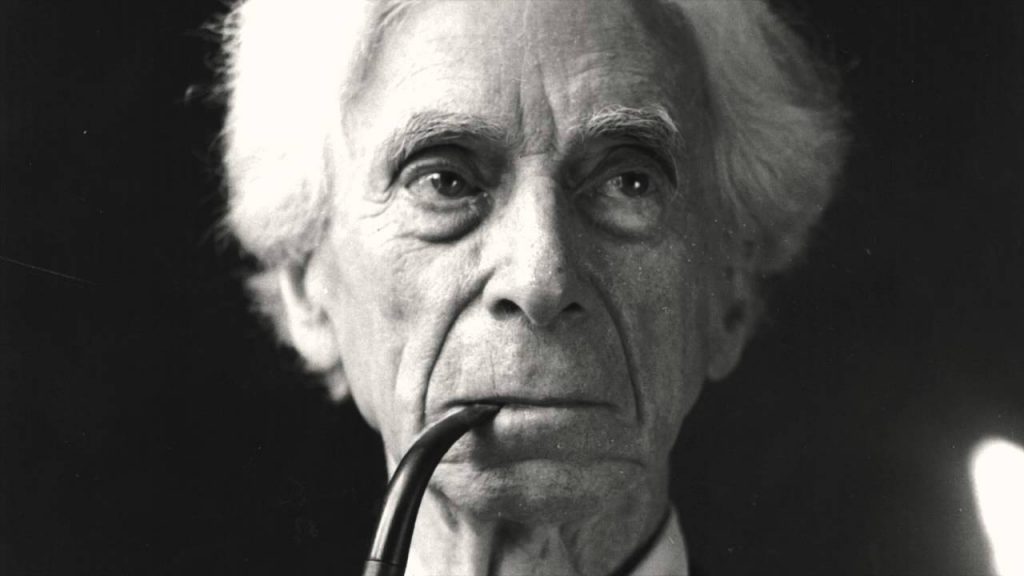
Bertrand Russell on the Good Life as Love and Knowledge
Bertrand Russell, Why I Am Not a Christian: And Other Essays on Religion and Related Subjects (Simon and Schuster: 1957), pp. 56-7.There have been at different times and among different people many varying conceptions of the good life. To some extent the differences were amenable to argument; this was when men differed as to the means to achieve a given end. Some think that prison is a good way of preventing crime; others hold the education would be better. A difference of this sort can be decided by sufficient evidence. But some differences cannot be tested in this way. Tolstoy condemned all way; others have held the life of a soldier doing battle for the right to be very noble. Here there was probably involved a real difference as to ends. Those who praised the soldier usually consider the punishment of sinners a good thing in itself; Tolstoy did not think so. On such a matter no argument is possible. I cannot, therefore, prove that my view of the good life is right; I can only state my view and hope that as many as possible will agree. My view is this: The good life is one inspired by love and guided by knowledge.
Knowledge and love are both indefinitely extensible; therefore, however good a life may be, a better life can be imagined. Neither love without knowledge, nor knowledge without love can produce a good life. In the Middle Ages, when pestilence appeared in a country, holy men advised the population to assemble in churches and pray for deliverance; the result was that the infection spread with extraordinary rapidity among the crowded masses of supplicants. This was an example of love, without knowledge. The late war afforded an example of knowledge without love. In each case, the result was death on a large scale.
Although both love and knowledge are necessary, love is in a sense more fundamental, since it will lead intelligent people to seek knowledge, in order to find out how to benefit those whom they love. But if people are not intelligent, they will be content to believe what they have been told, and may do harm in spite of the most genuine benevolence. Medicine affords, perhaps, the best example of what I mean. An able physician is more useful to a patient than the most devoted friend, and progress in medical knowledge does more for the health of the community than ill-informed philanthropy.